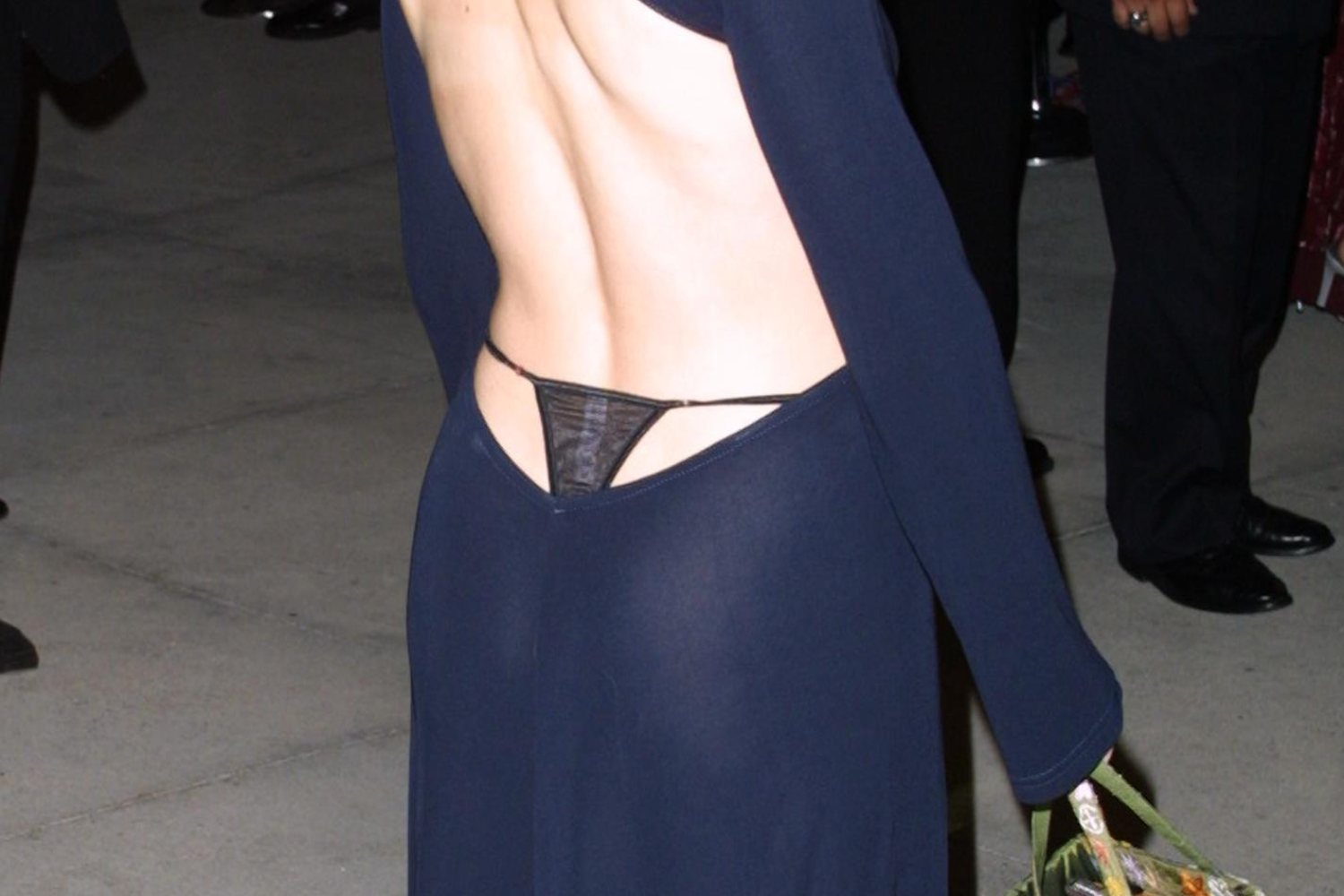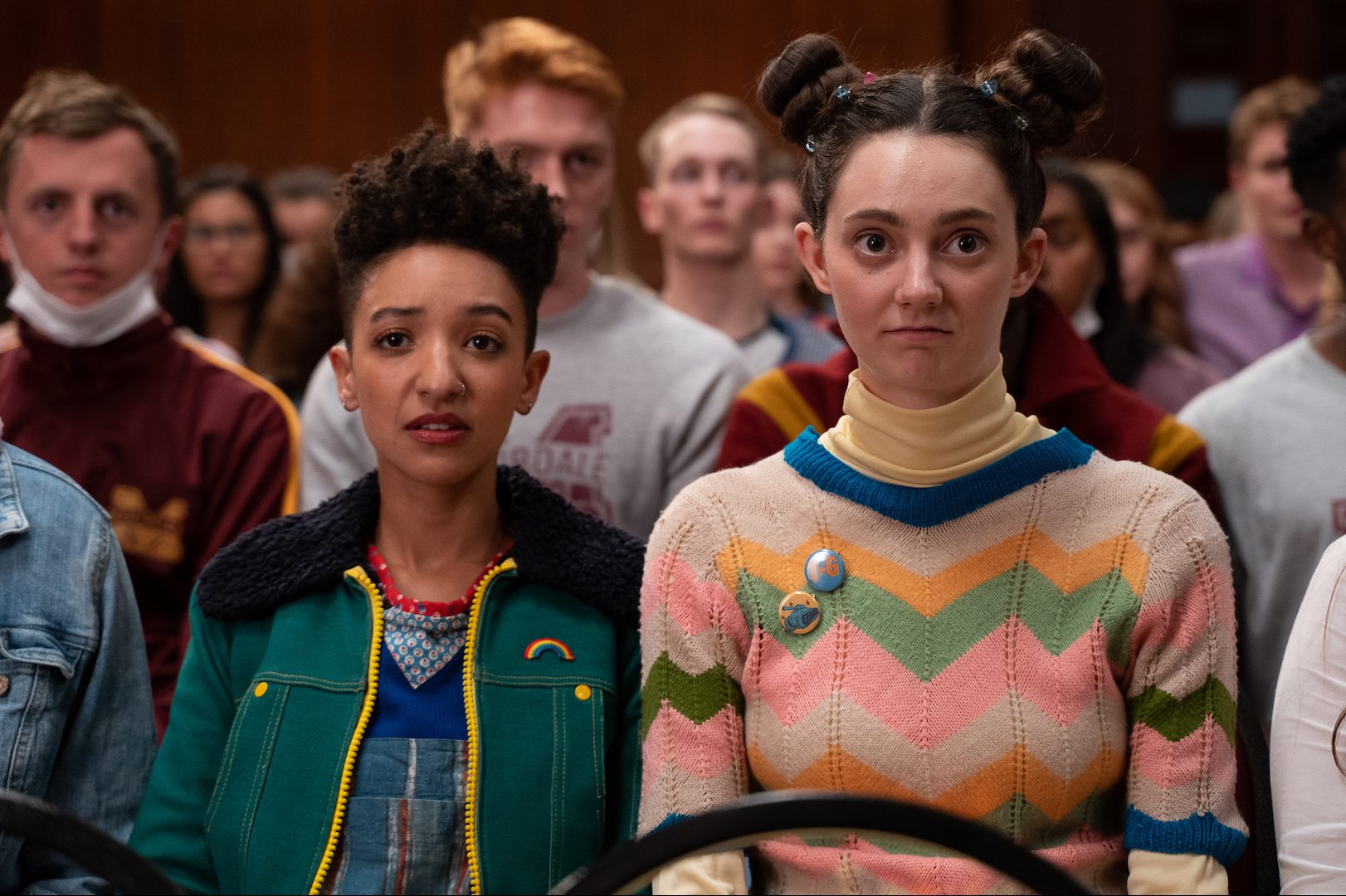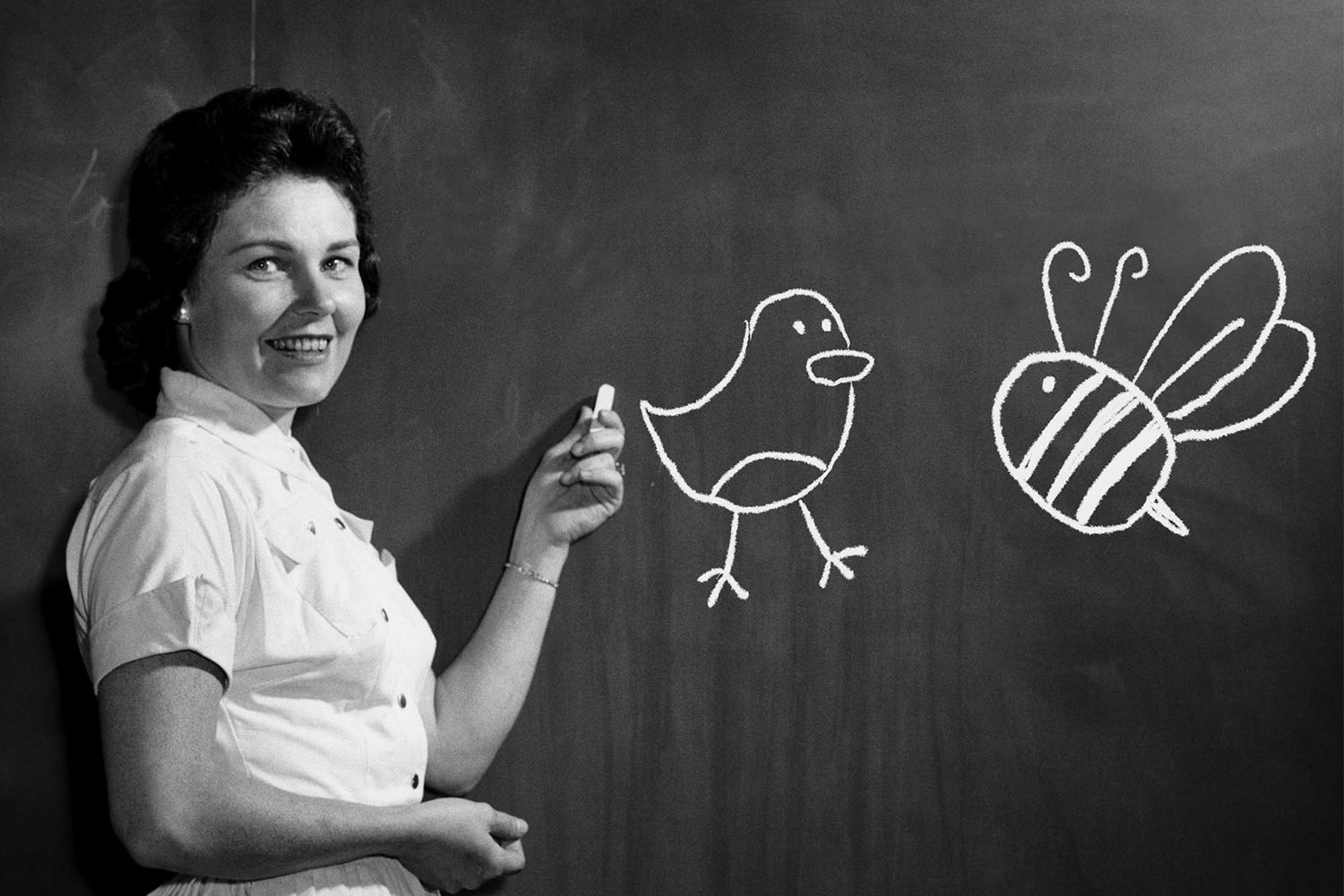When I was in high school, there was this one guy who constantly talked about the time a girl in our class bled through her skirt in the technology lab. This happened freshman year; I’m pretty sure he was still re-telling this story to anyone who would listen when we graduated. Like most teen boys who witness such an incident, he talked about it like it was something deeply shameful and disgusting, and also, somehow, offensive to him personally.
Reader, I dated him. But that’s not the point. The point is that kid was an asshole, but it also wasn’t entirely his fault he was such an asshole. Much of that blame rests on a misogynistic society that still codes anything related to women or their bodies as inherently gross, deviantly sexual or otherwise inappropriate, but also, probably, on his parents for failing to educate him on the non-shameful realities of the female reproductive system.
Unfortunately, based on the widespread parental outrage directed at Turning Red, a new Pixar movie about a 13-year-old girl that features references to menstruation, it seems parents’ attitudes toward period talk haven’t changed much in the decade or so since my high school ex was personally victimized by the sight of a classmate’s menstrual blood.
As reported by Mel magazine’s Magdalene Taylor, pearl-clutching complaints and warnings from parents scandalized by the film’s “inappropriate” subject matter have flooded Facebook groups and other parent-friendly corners of the internet since Turning Red’s premiere. While references to menstruation in the film are limited to a few mentions of pads and a euphemism involving a “red peony” in bloom, this was apparently enough for some mothers to decry the film as “way too mature” and “not suitable for kids younger than high school.”
One mother posting in the “Official Peloton Mom Group” on Facebook was particularly concerned about the threat such “mature” content posed to the developing minds of her innocent pre-teen sons. “PSA — I watched Turning Red with my boys this weekend. Boys ages nine and 13. They had tons of questions regarding girls and their periods,” she wrote. “I wish there had been a warning before watching it with them.”
First of all, periods are not inherently “mature.” Yes, biologically they are a sign of sexual maturity, but children as young as eight can and do begin menstruating. Nor are periods inherently sexual. Again, yes, menstruation is part of sexual reproduction, but it is a biological function that happens completely independent of any kind of sexual activity. This is not to suggest that age-appropriate discussions of sex itself should be considered off-limits to children, but the fact that a biological process is sexualized and decried as too “mature” for children is reflective of a broader societal tendency to sexualize (and thus shame and censor) anything related to the female body.
Yet, so many parents shy away from educating their children on the realities of their bodies (or the bodies of their peers). And many, like those who are mad about Turning Red, actively reject opportunities to have those conversations with their children. My own visibly uncomfortable mother once told me, a child who would one day menstruate, that tampons were simply “something for older women,” when I asked about the tampon dispensers in public restroom at age eight. Suffice to say, when I got my first period less than three years later, I didn’t consider myself “an older woman.”
But while many parents, like the Peloton mom who bemoaned Turning Red‘s lack of a menstruation content warning, seem to think that periods are particularly inappropriate content for boys, it’s just as important for male children to have access to shame-free knowledge about puberty and the biological functions that come with it. Again, there’s no reason periods should be considered shameful or otherwise inappropriate for children of any gender, and attempting to keep that knowledge from boys only fuels the gendered shame and stigma that have followed menstruation for millennia.
If, on the other hand, parents took Turning Red for the convenient opportunity that it is to educate their sons and answer any questions they may have “regarding girls and their periods,” they could help normalize menstruation as the shame-free, morally neutral biological process that it is. If children of all genders, but boys in particular, could learn about menstruation from age-appropriate media and open-minded parents, any stigma or discomfort surrounding the topic would be eliminated. And if you teach your son about periods (or literally just sit back and let a Disney movie do it instead of getting mad about it) instead of letting them internalize a bunch of sexist nonsense, maybe they won’t grow up to be the kid making fun of some poor girl who forgot to change her tampon while she cries in the nurse’s office.
Thanks for reading InsideHook. Sign up for our daily newsletter and be in the know.

















